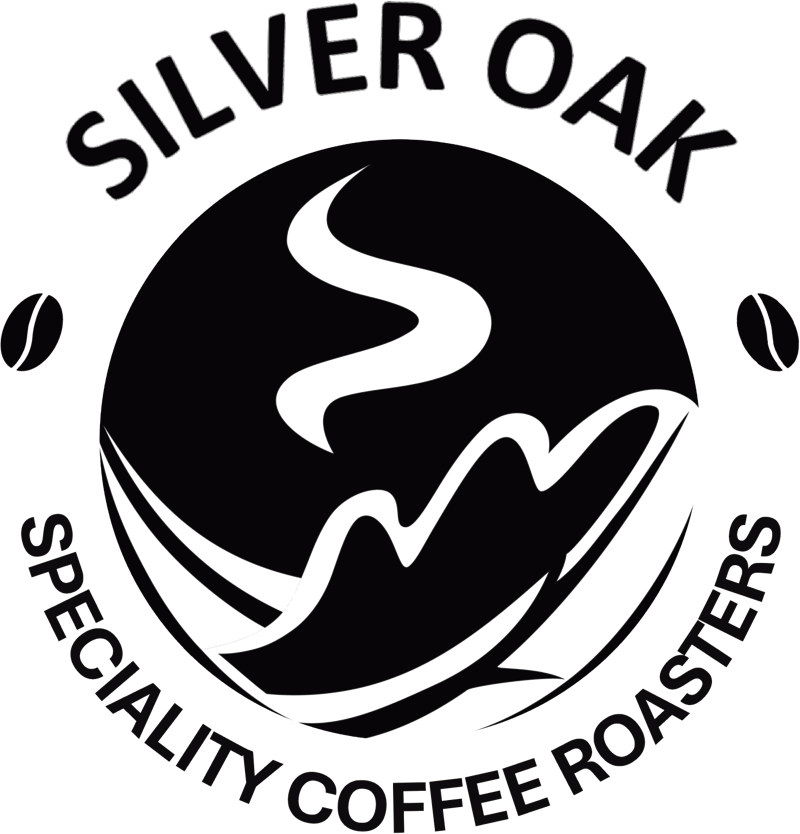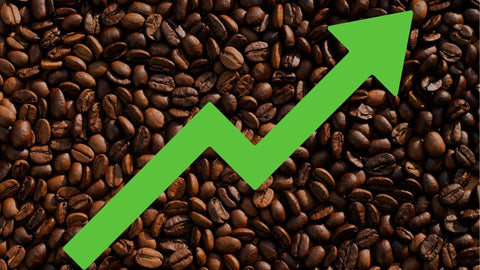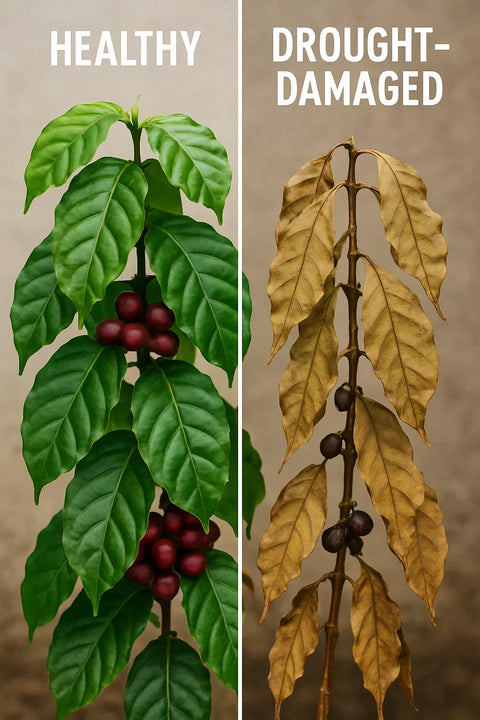What Makes a Coffee “Speciality”?
You’ve probably seen the term “specialty coffee” on café menus, in coffee shops, or on your favourite bag of beans - but what does it really mean?
In a world full of options, understanding what makes a coffee ‘specialty’ can help you make better, more informed choices. From sourcing to roasting to brewing, specialty coffee is all about quality, transparency, and craftsmanship.
What Is Specialty Coffee?
**Specialty coffee** refers to the highest quality coffee available—usually scoring **80 points or higher on a 100-point scale** as graded by certified Q graders (professional coffee tasters). This term is used across the coffee industry to classify beans that meet strict standards from seed to cup.
It’s not a marketing gimmick. It’s a globally recognised term based on quality, traceability, and flavour.
Key Factors That Define Specialty Coffee
1. Origin & Traceability
Specialty coffee begins at the farm. Beans must be grown in ideal climates—often at high elevations - and processed with care. Crucially, they must be *fully traceable to their country, region, and even individual farm or cooperative.
2. Harvesting & Processing
Beans are usually hand-picked at peak ripeness, then processed using methods like washed, natural, or honey. Proper processing is essential to avoid defects and preserve the coffee’s natural flavours.
3. Roasting Precision
Roasters treat specialty beans with precision, aiming to highlight the unique flavour profiles of each origin - whether it’s notes of tropical fruit, dark chocolate, or citrus. No over-roasting or masking bitterness here.
4. Freshness & Brewing
Once roasted, specialty coffee is packaged quickly and ideally consumed within weeks. Brewing methods also matter - manual brew methods like pour-over, AeroPress, or espresso** are often used to bring out the complexity of flavours.
How Is It Different from Regular Coffee?
- Commodity coffee (used in most instant and supermarket blends) is mass-produced, often with little attention to quality or sustainability.
- Specialty coffee is grown, processed, roasted, and brewed to the highest possible standards - and it often supports better prices for farmers and more sustainable practices.
Why Does Specialty Coffee Matter?
Choosing specialty coffee means:
- Supporting ethical and sustainable farming practices
- Enjoying more nuanced and flavourful brews
- Reducing waste and promoting transparency across the supply chain
It’s not just coffee. It’s a commitment to quality and fairness - from farm to cup.
Whether you're new to coffee or a seasoned enthusiast, understanding what makes coffee ‘specialty’ can transform the way you experience your daily cup. The next time you see “specialty” on a label, you’ll know it’s more than just a buzzword - it’s a sign of care, craft, and quality.



